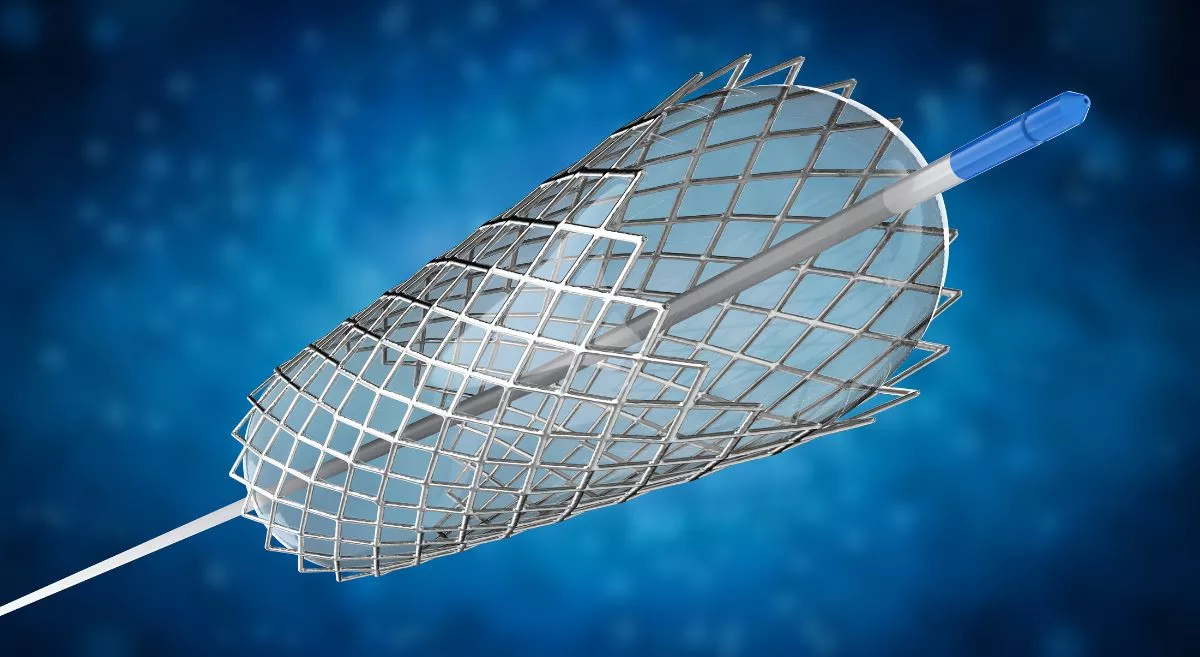During summer, the human body temperature may rise as the temperature in the atmosphere rises. Due to the increased body temperature, the digestive system slows and weakens, resulting in a variety of digestive issues. The digestive system reacts differently during every season. The hot weather can cause loss of appetite, food poisoning, stroke, heat exhaustion, and dehydration. Hence, it is critical to adopt an adequate diet to maintain the digestive system functioning smoothly during the summer; otherwise, you may feel dull and bloated throughout the day.
There are a few easy tips but vital preventive health practices to remember during the summer months to avoid any digestive issues as given by the best gastroenterologist in Kochi are:
Follow a healthy diet
Trillions of bacteria, fungi, and viruses live inside of us. They form the gut microbiome, and maintaining a good relationship with them is to your advantage. The microbiome helps in a variety of functions in your body. The bacteria help in breaking down food, producing important nutrients, regulating the immune system and protecting against harmful germs. However, a healthy microbiome needs to have a variety of bacterial species. Many factors affect the microbiome including the environment, medication, and delivery. Dietary fibre from foods like fruits, vegetables, nuts, legumes, and whole grains is the best fuel for gut bacteria which also promotes better digestion. If you feel that digestion is slow during summer make sure to add enough fibre to your diet for easy and smooth digestion.
Drink plenty of water
The human body keeps itself cool by sweating throughout the hot summer months. It is essential to replenish the water lost through perspiration. Monitoring your water consumption and being hydrated is very important. Drinking water at a moderate rate, even if you do not feel thirsty, is an excellent approach to avoid dehydration. This will aid in balancing the loss of body fluids caused by heat, as well as resolving digestive difficulties by enhancing nutrient absorption. If you wait until you are thirsty, you may guzzle water and become bloated. If you do not have the habit of drinking enough water, start by drinking fruit or cucumber-flavored water which is also a fun way to increase your consumption. In extreme cases, dehydration can cause nausea, constipation, and even heatstroke. You can also stay hydrated by drinking coconut water which may enable you to efficiently combat the heat.
Keep spicy and oily food at bay
The peppers have a chemical compound called Capsaicin which binds to TRPV1 (pain receptors) on neurons. Heat generally causes it to produce warning messages to the brain. TRPV1 is triggered by capsaicin, which makes you feel hot in your mouth. Your body will try to chill itself down by shedding tears, sweating, and turning red. It is how your body responds to an external threat. Capsaicin attaches to more receptors as it travels down the throat to the stomach after being swallowed. In severe cases, you may develop blisters in the throat, vomiting, and an anaphylactic shock. Try to avoid spicy, junk, fried, and oily food that can cause acidity, bloating, pain, stomach inflammation, and other digestive problems. So, say goodbye to bakery foods, fries, burgers, Chinese cuisine, pizza, pasta, chips, and especially street food during summer.
Consume small frequent meals
In addition to eating the wrong food, overeating can cause dyspepsia. Eat in smaller portions at regular intervals to avoid dyspepsia. This can help to speed up the digestive process. In reality, eating smaller portions of food prevents you from feeling hungry and makes digestion easier. Try to consume lighter foods in the hot season.
Check for vitamin D deficiency
Vitamin D plays a vital role in the communication of your body and your microbiota. It is essential to ensure that your body has enough vitamin D supply. You can get a good source of vitamin D from mushrooms, salmon and dairy products. Vitamin D is primarily obtained through sunlight.
Avoid Coffee
Avoid coffee, wine, and other fizzy liquids that can irritate your stomach. You should avoid such drinks because your body requires water to absorb feces, and carbonated drinks might dry your body, especially during the heat, making digestion difficult. To keep your digestive health in check, try to avoid them totally or consume such drinks in moderation.
Take probiotics
If you have digestive problems consider taking probiotics, which contain gut-friendly microorganisms and help with digestion. But when antibiotics, stress, or a poor diet, among other factors, lay waste to this friendly flora, bad bacteria rushes in to fill the void. When bad bacteria prevail, illness strikes in. Even a short-term good bacteria imbalance can cause gas, bloating, and diarrhoea. Probiotics, in addition to fibre, are essential for digestive health. Yoghurt is the best source of probiotics, thus having it in your diet can be advantageous.
FAQs
1. Why is digestion slow in summer?
Your body expends energy in the summer to keep your internal temperature low. This takes energy away from other bodily functions including digesting.
2. Does heat speed up digestion?
An increase in body temperature raises metabolic rate and may speed up digestion processes in ectotherms.
3. Can summers cause constipation?
Summer dehydration depletes your body's water supply and makes digesting tough. Due to dehydration, your stomach may get constipated.
4. How do you treat digestive problems?
Food and major lifestyle changes can make a huge difference and if you have severe pain or discomfort visit a gastroenterologist immediately
5. Does acidity increase body heat?
A sense of warmth, heat, or burning in the throat and chest is the most common symptom of heartburn or acid reflux.





